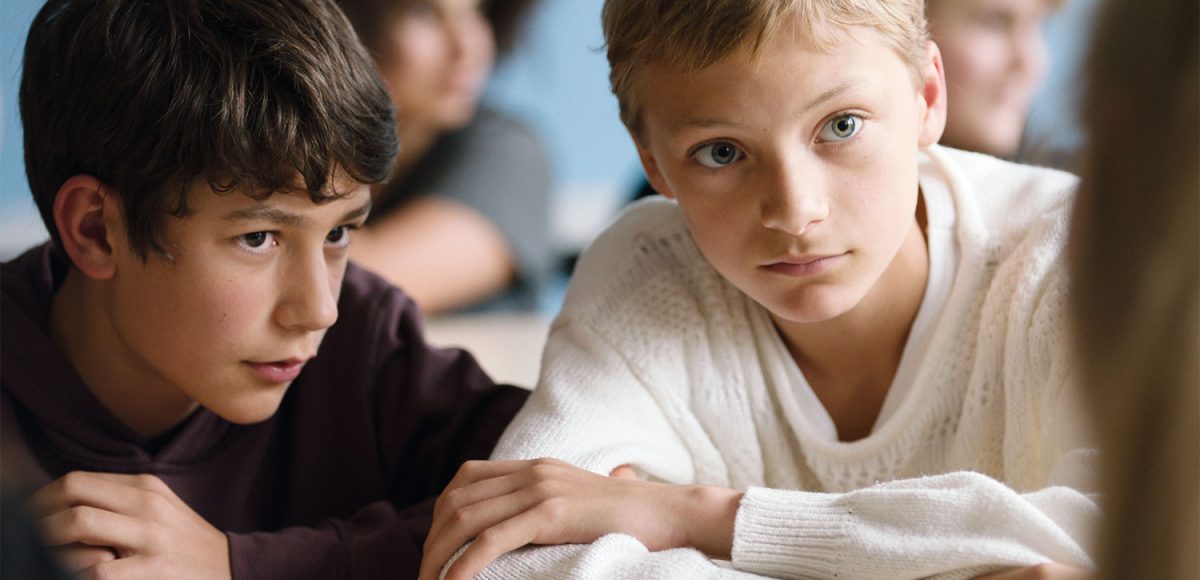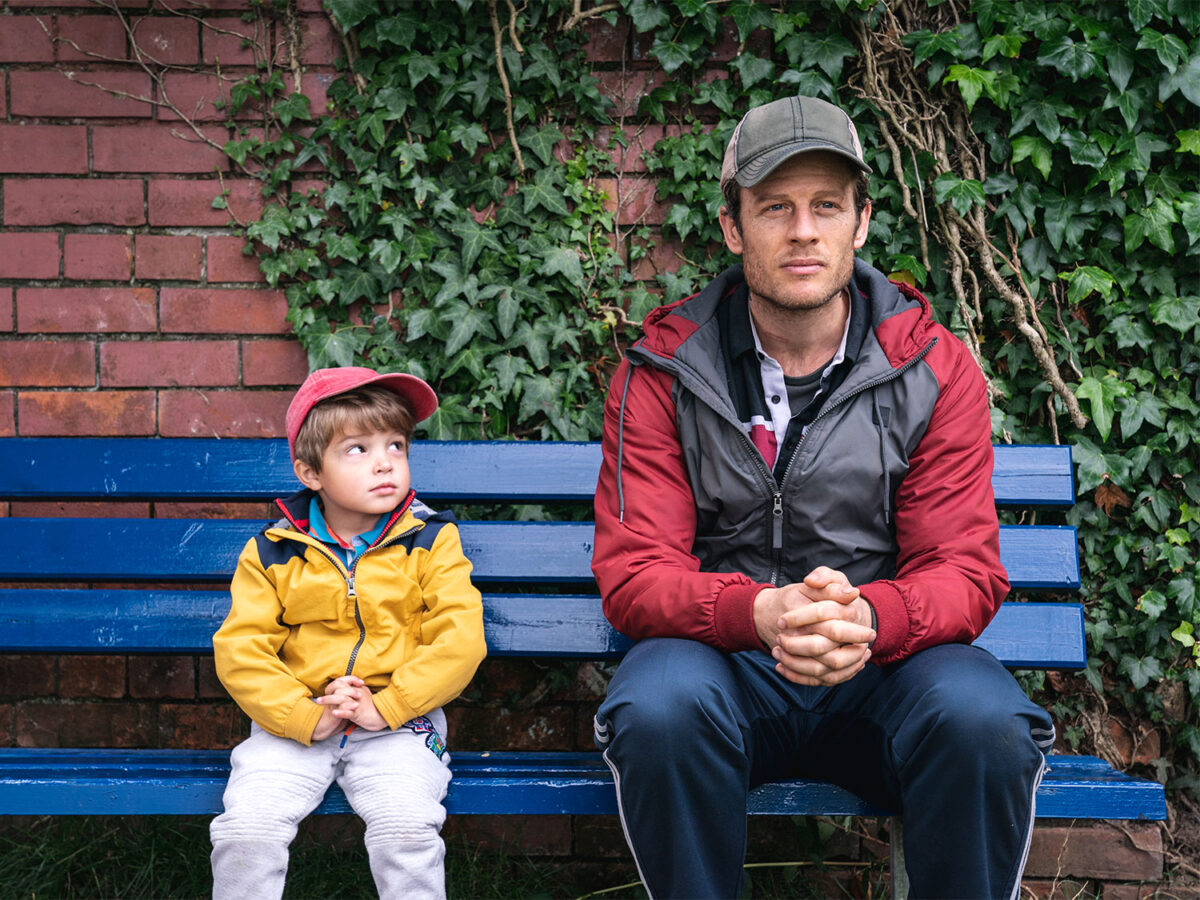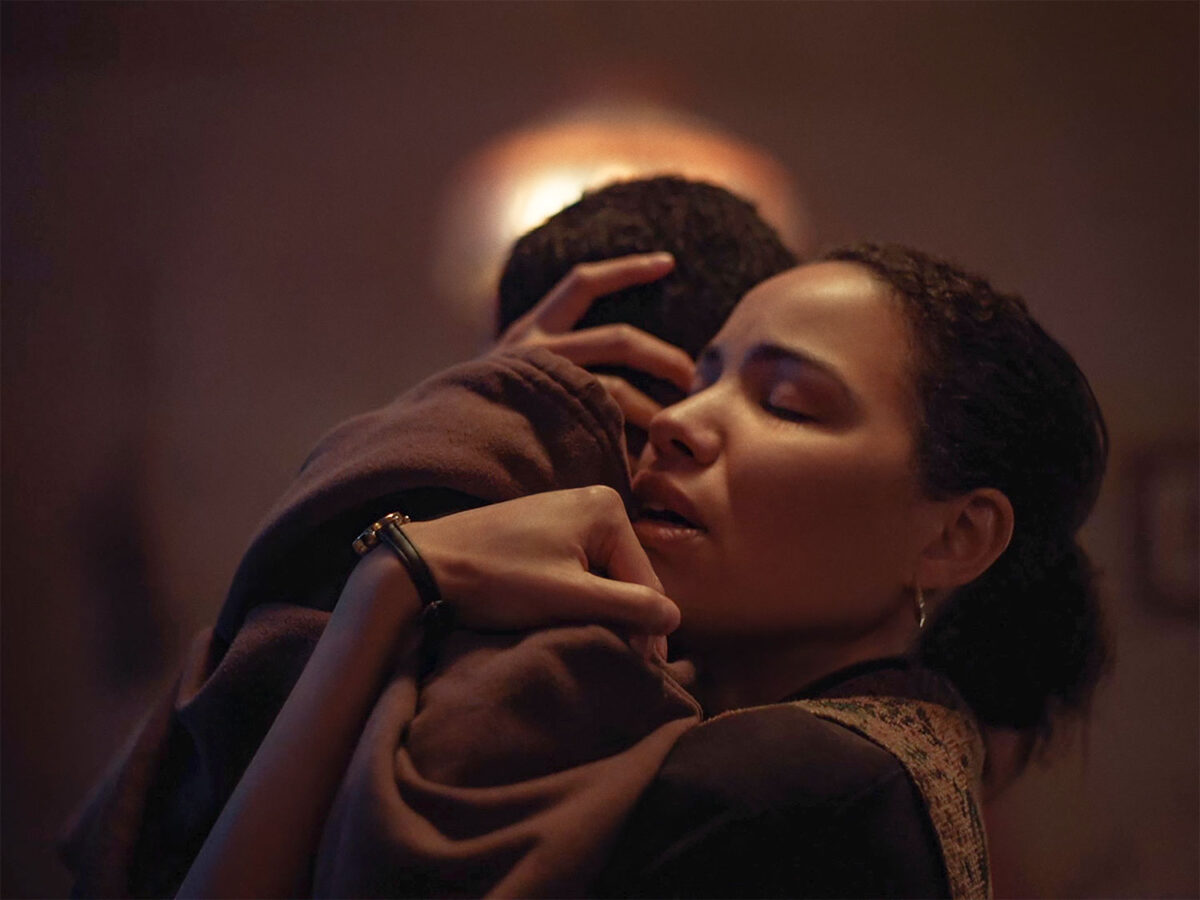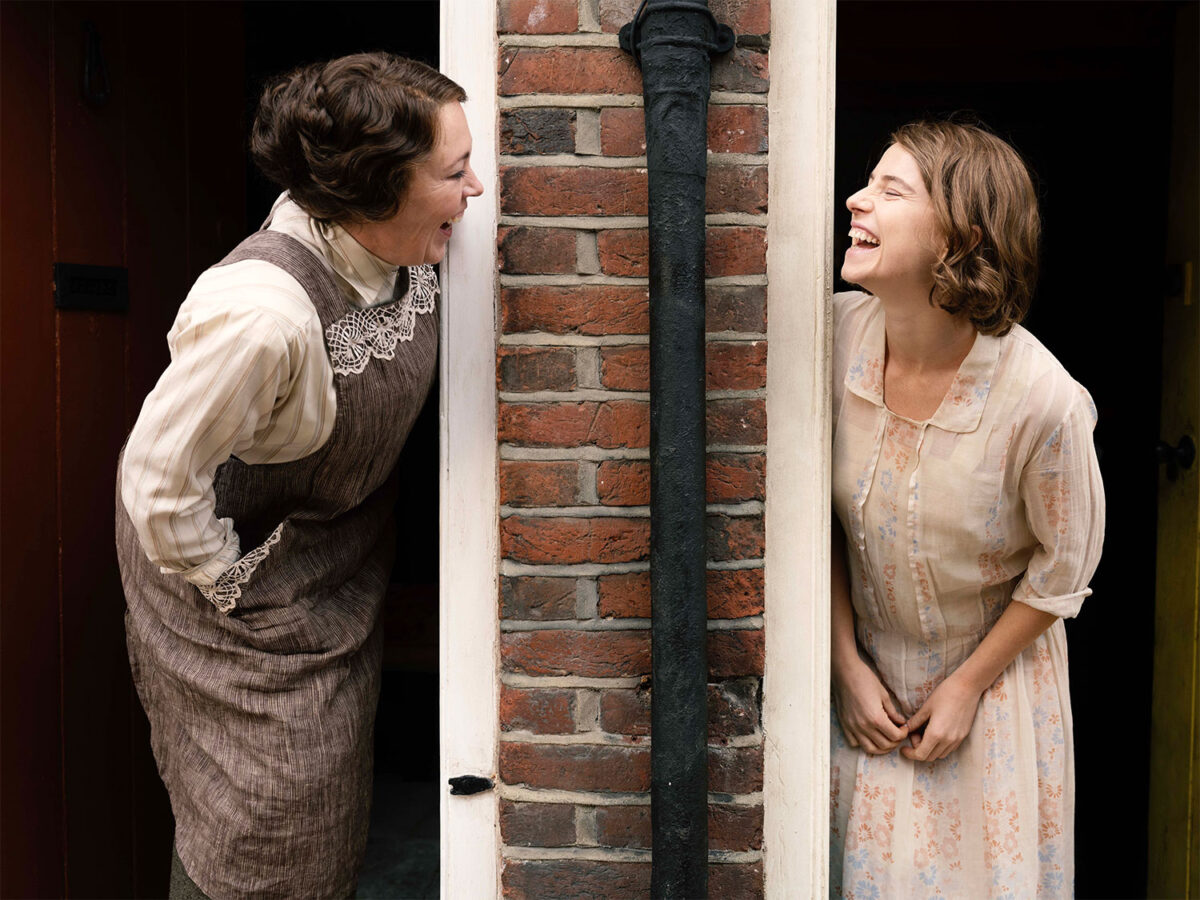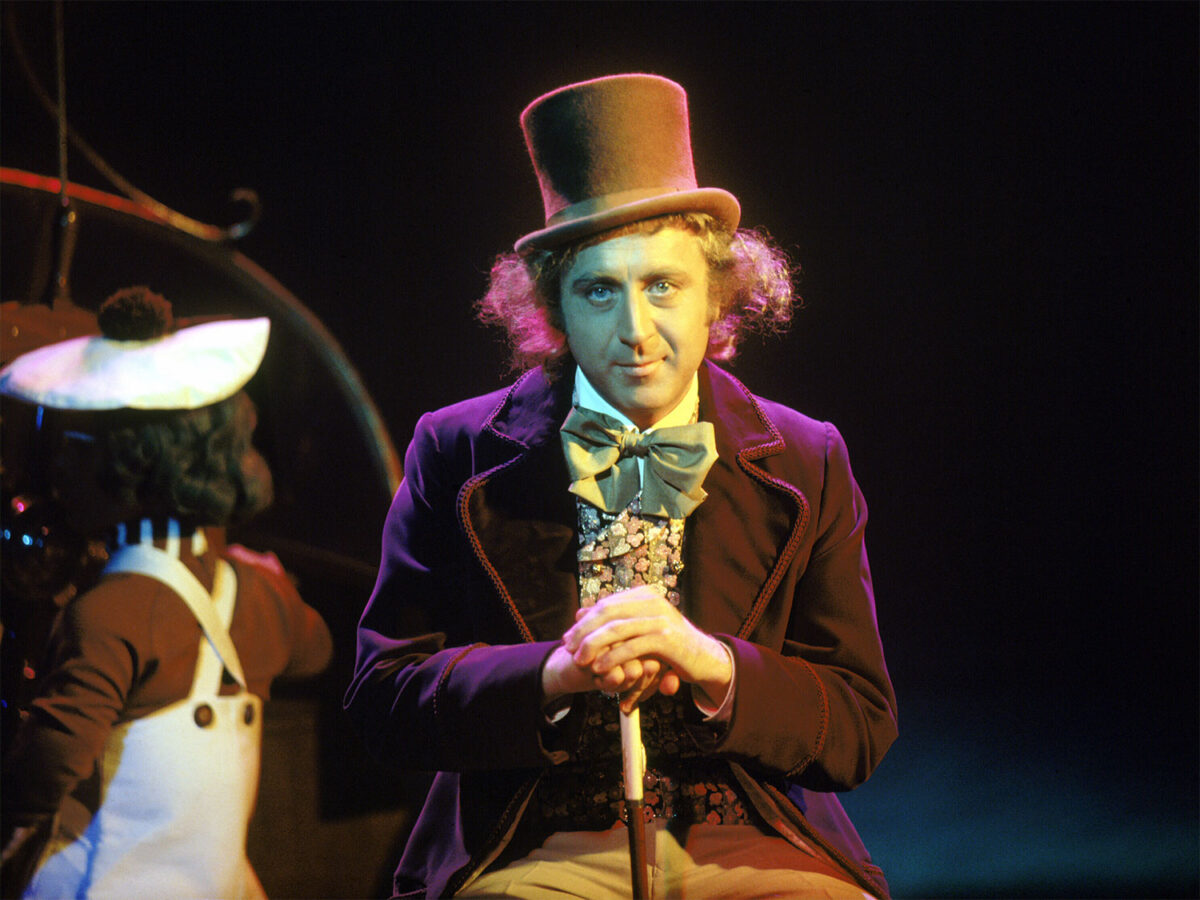“Close,” winner of the 2022 Grand Jury Prize at Cannes and directed by Lukas Dhont who wrote the screenplay with Angelo Tijssens, is the intimate portrait of two close friends whose relationship is hit by the wall of adolescent misinterpretation.
Rémi and Léo are the best of friends. But their relationship transcends mere friendship; it is a brotherhood. This is the summer of their 13th birthdays and nothing can separate them. They spend their days creating games inhabited by imaginary soldiers that they will vanquish; telling each other stories of their own invention; and running through the flower fields tended and nurtured by Léo’s family. They eat and sleep at Rémi’s house, spoiled by his parents Sophie and Peter. There is nothing they can’t do together and nothing will come between them. They think and act as one, attached at the hip, arms intertwined or around their shoulders.
But when summer is over, they start at a new school where everyone seems bigger, smarter, and much more mature. The harsh reality of middle school transcends language and borders. They are the new outsiders, arriving like a glowy-eyed twin set. That Rémi and Léo are unabashed in their closeness is inexplicable to the others who look for labels. The lifelong brotherhood of the boys seems suspect; they must be more than “friends.” Rémi, the less sophisticated of the two, seems oblivious to the implications; Léo is not. By the end of that first week, Léo, terrified of being judged, has already altered his relationship with the unaware Rémi.
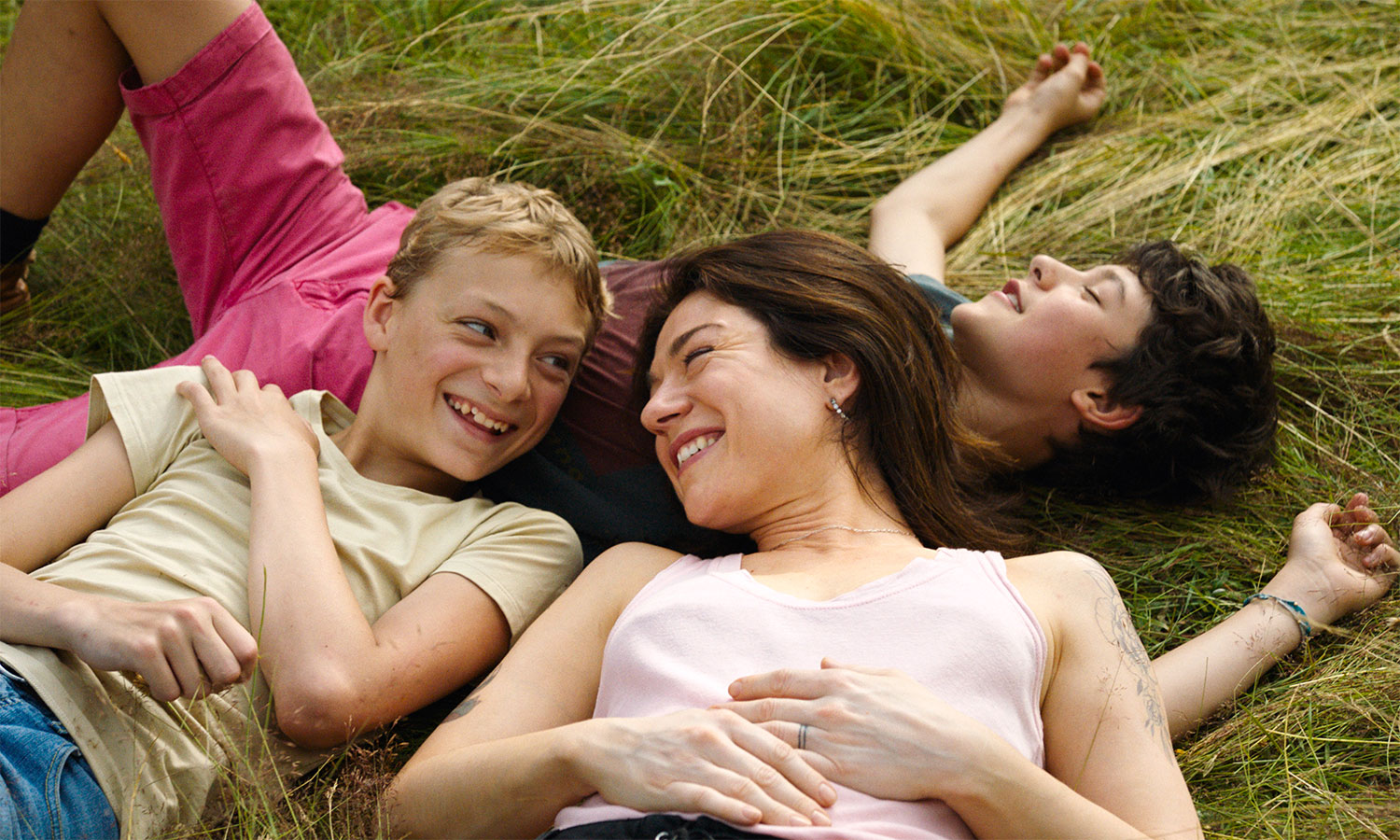
Slowly, surely, Léo distances himself from his best friend. He joins a new circle that excludes Rémi. Their daily bike rides to school take on a different meaning. Léo adopts a macho attitude to bond with his new friends, leaving a perplexed Rémi to fend for himself. Both are left vulnerable to expectations and perceptions they had never encountered. The consequences will be devastating to both.
Dhont explores the toxicity of assumption in depth. That the two boys may or may not have or feel an undercurrent of sexuality is not the point. That they must be categorized by others, and in Léo’s case by himself, is the danger that society has already thrust upon them. Why is there no room for intimacy in a male relationship? What is intimacy but closeness shared by two individuals who are more than the sum of their parts? When their friendship is shredded, they become less than. The loss of identity is the price Léo will pay.
The portrait of Léo painted by Dhont becomes part of you with the empathy, cruelty, hurt, disbelief and misunderstanding seeping into your pores as you begin to channel him and remember what it was like the first time you tried to become what others wanted rather than who you were. Léo has no idea how to manage the love and revulsion he feels simultaneously. Knowing who you are comes crashing into who others think you should be, making him as much a victim as Rémi. But oh, the consequences of action and inaction; consequences that will live a lifetime.
Revealing more would diminish the impact that this extraordinary character study will have on you. There is no “older but wiser” here. There are no answers and no happily ever after. One is left with a heartfelt “Why?” and the resultant consequences.
The script is a marvel of economy; a story told simply over a single year. The view of adolescence is accurate and subtle. There are no overt villains; there are no heroes. It’s a complex portrait of life, not a slice. These are simply kids as they are, as they have been trained to be. This is no simple “coming of age” story, more a “disillusion of age” tale.
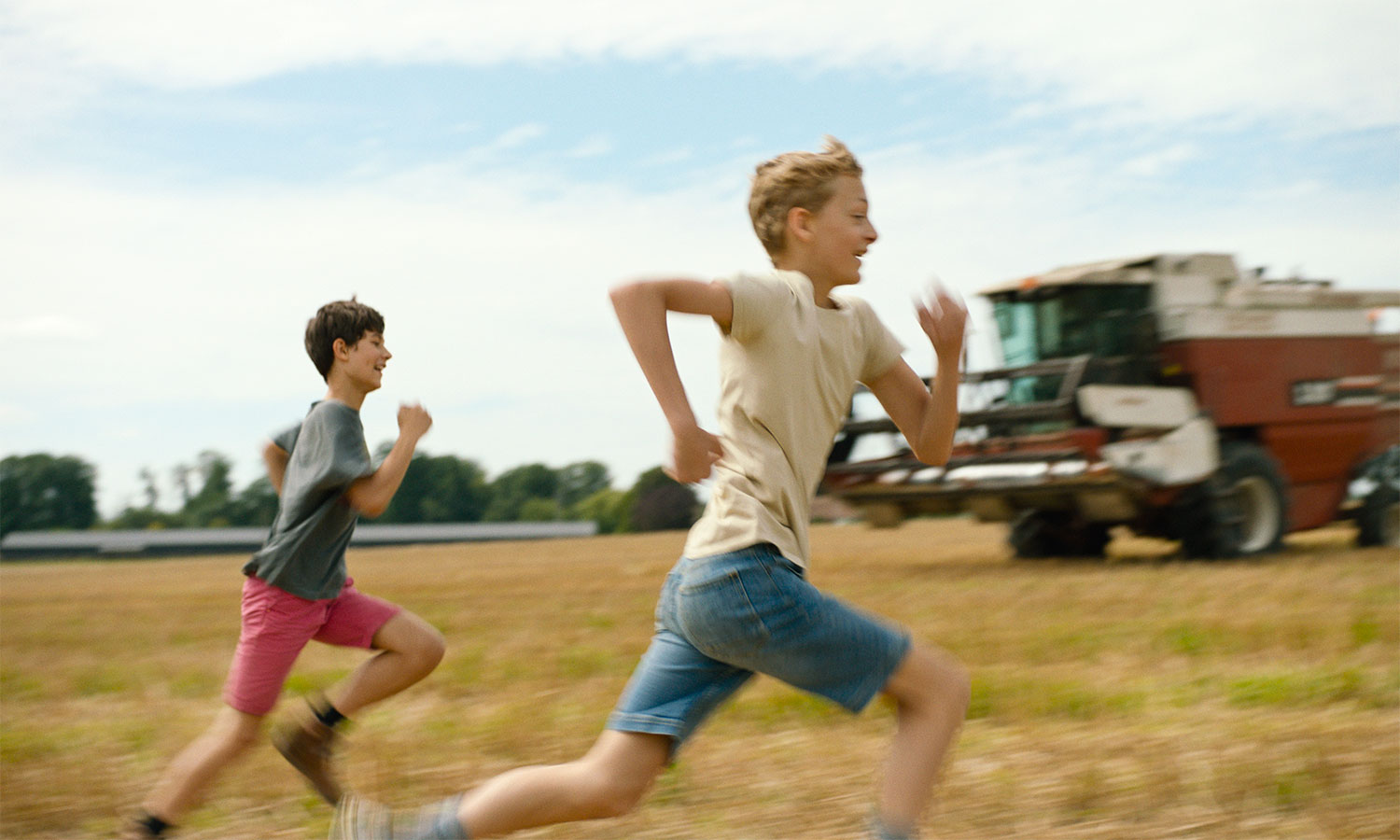
The casting is pitch perfect. The schoolyard classmates have a spontaneous reality to them. None are overtly cruel, weighting the consequences of future actions even more tragically; they are kids, realistic adolescents, blithely unaware. Their dialogue is steeped in improvisation, giving it even more truth. To them, everything is a joke or a trial balloon for how far they can go. All add substance to the story.
The parents of both boys are sympathetic, supportive, and, like most, clueless to the hidden lives of their sons. Their lack of insight into their respective children is due as much to the previous idyllic relationship of the boys and the adolescent nature keeping the adults at a distance. All of them add substance to the narrative. Émilie Dequenne (Sophie) and Kevin Janssens (Peter), Rémi’s parents, and Léa Drucker (Nathalie) and Igor van Dessel (Charlie), Léo’s parents, revel in their sons’ friendship and creativity, encouraging a closeness that none of them realize is about to come to an end. They live in the garden of Eden, not knowing a snake lurks nearby.
Dhont didn’t know who he was looking for but knew the qualities he needed for Léo and Rémi. He discovered Gustav De Waele, Rémi, in an acting class; Eden Dambrine, Léo, was spotted on a train. A dancer, it was his presence when interacting with friends that really attracted Dhont. When he paired those two during auditions, he knew they were the perfect Rémi and Léo. Their chemistry was immediate. De Waele projects an ambiguity that defines his character. It is impossible to guess how aware Rémi is of what is happening to him and to his friend. It underscores his innocence, making the consequences that much deeper. Dambrine makes Léo an enigma. One can see his confusion and the depth of his despair as he tries to be the square peg in the round hole. His anguish is palpable and it is amazing that such complexity can be present in an inexperienced teenage actor.
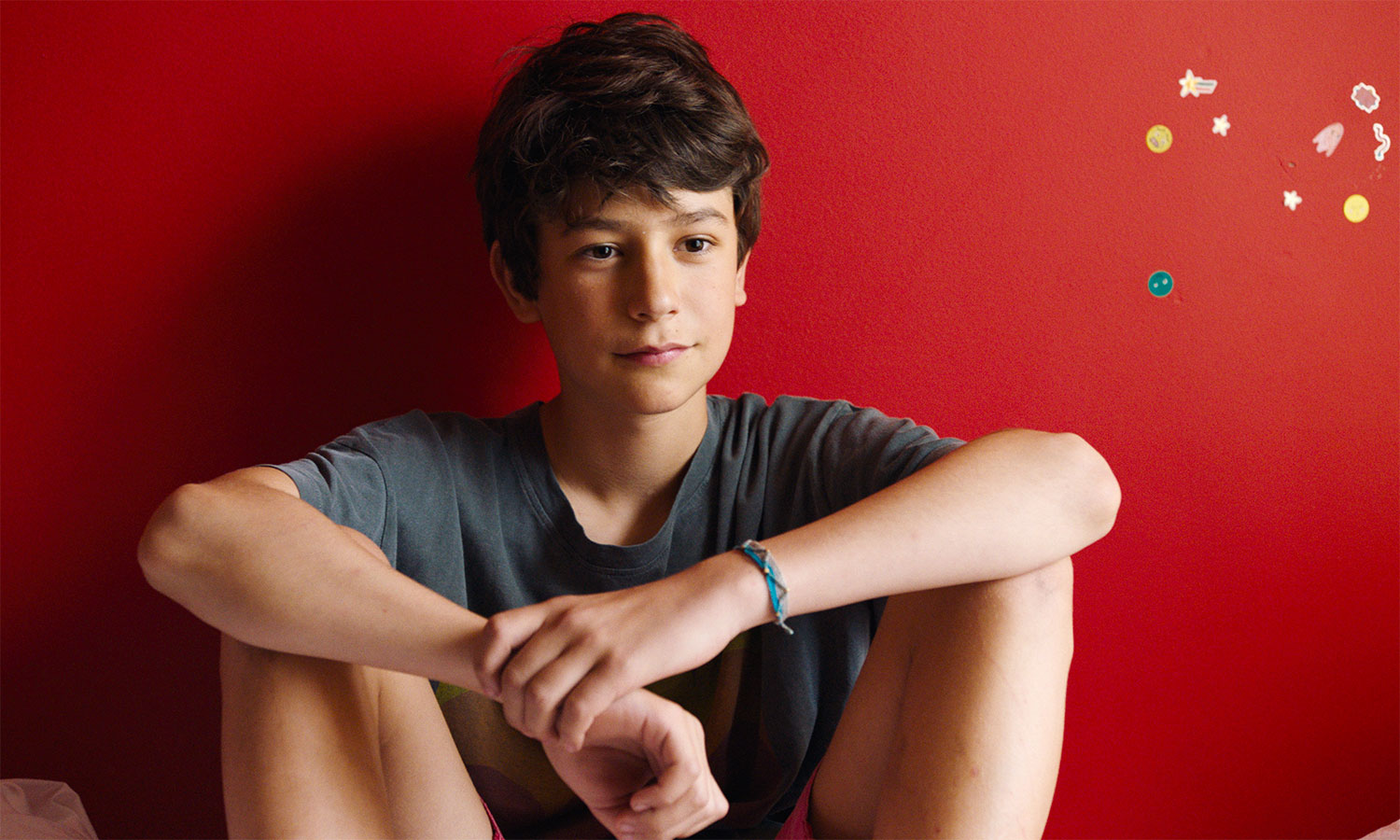
Cinematographer Frank van den Eeden certainly filmed the landscapes idyllically, but it is his unobtrusive technique when following the children in their normal activities that gives the film its almost cinema verité moments. But, in the end, “Close” is truly a directorial tour de force. Dhont knew what he wanted to say and said it with grace, dignity, and depth.
“Close” was definitely one of the best films I saw in an advance screening in 2022. I weighed whether to include it in “The Best Movies of 2022” (Beverly Hills Courier, January 6, 2023) but decided to keep it in reserve because it will definitely be one of the best for 2023. Nominated for this year’s International Oscar, included among a number of other worthy contenders, my vote goes for this one. It has all the elements of a classic that will endure.
In French, Dutch, and Flemish with English subtitles.
Opening Jan. 27 at the AMC Century City and AMC Grove.
Neely Swanson spent most of her professional career in the television industry, almost all of it working for David E. Kelley. In her last full-time position as Executive Vice President of Development, she reviewed writer submissions and targeted content for adaptation. As she has often said, she did book reports for a living. For several years she was a freelance writer for “Written By,” the magazine of the WGA West and was adjunct faculty at USC in the writing division of the School of Cinematic Arts. Neely has been writing film and television reviews for the “Easy Reader” for more than 10 years. Her past reviews can be read on Rotten Tomatoes where she is a tomato-approved critic.



